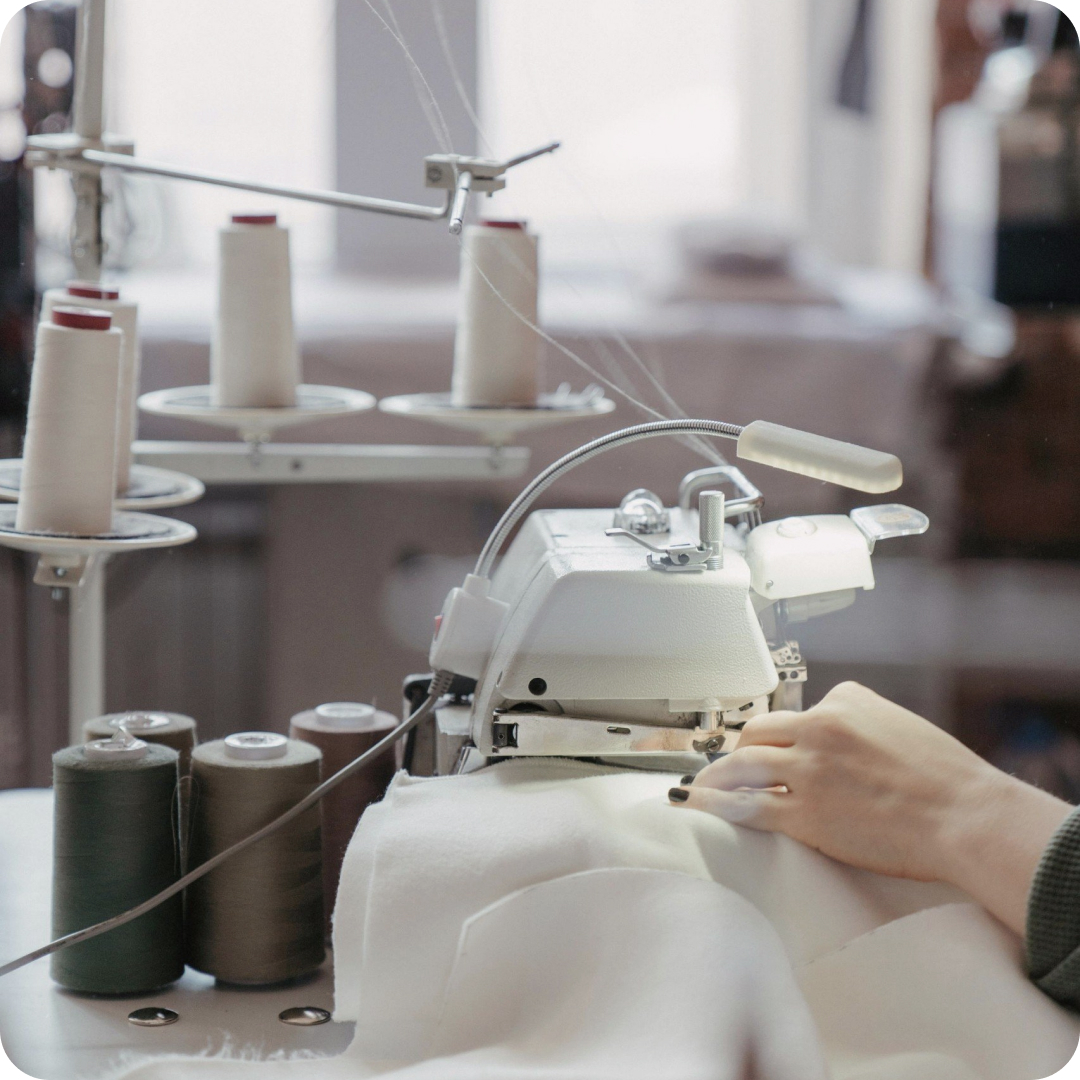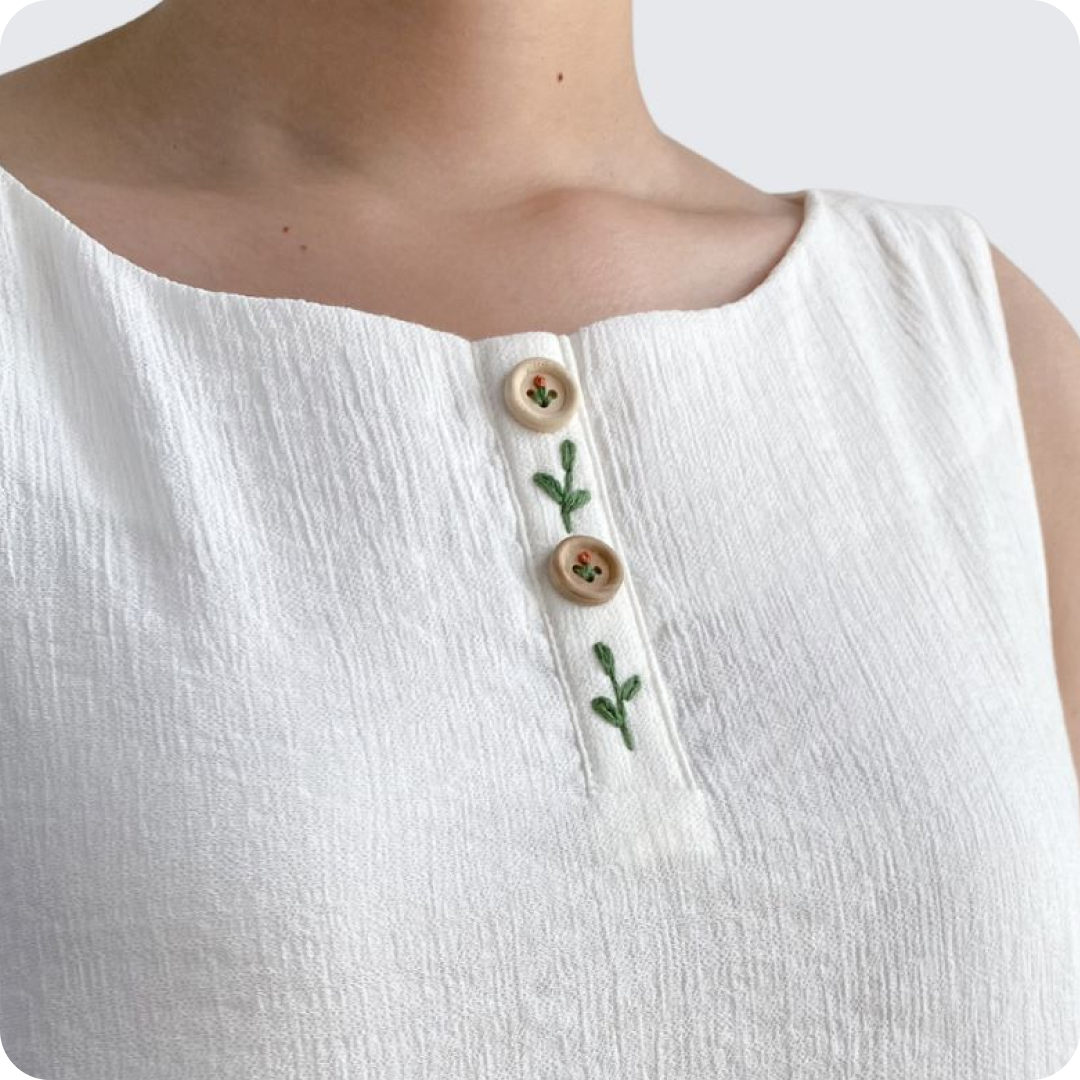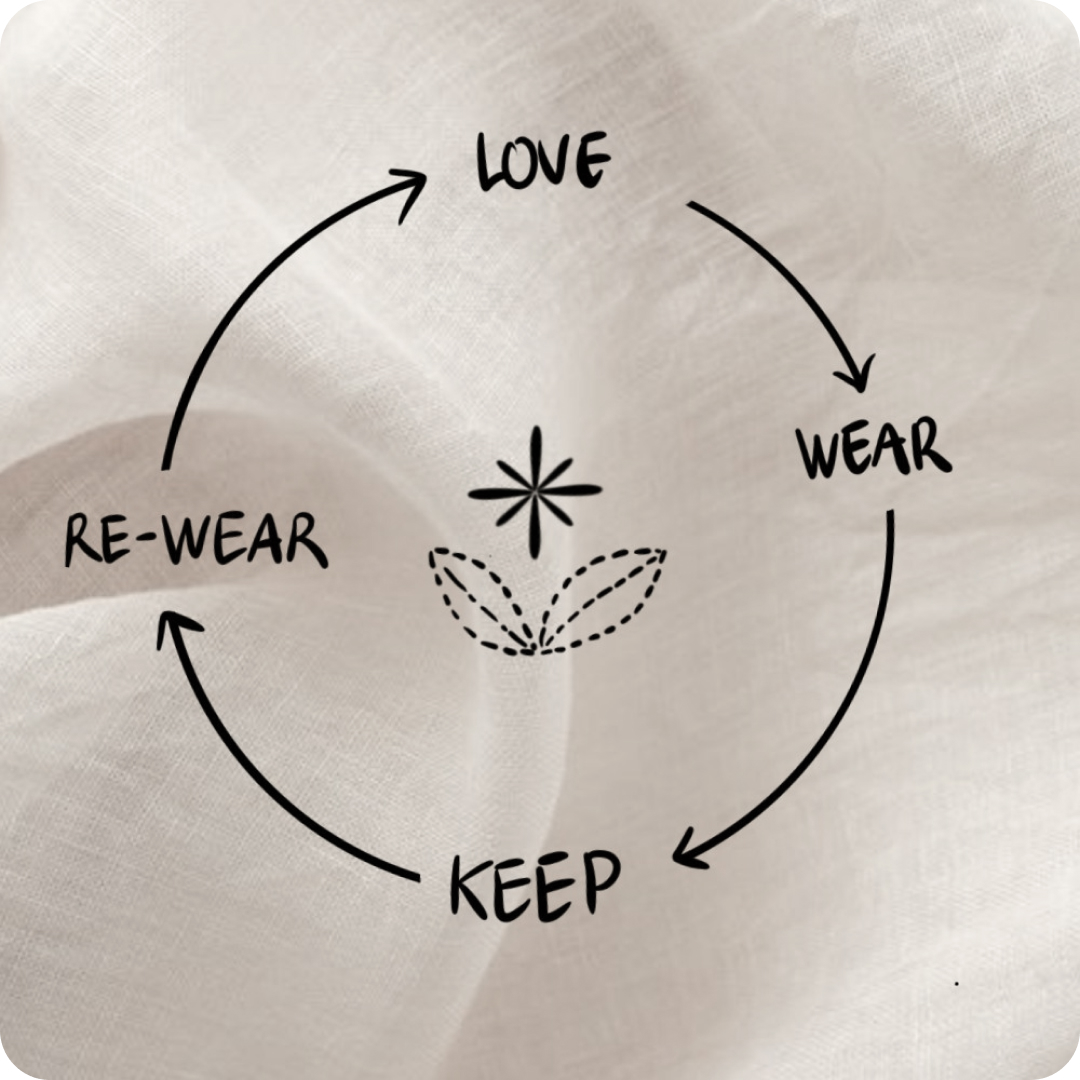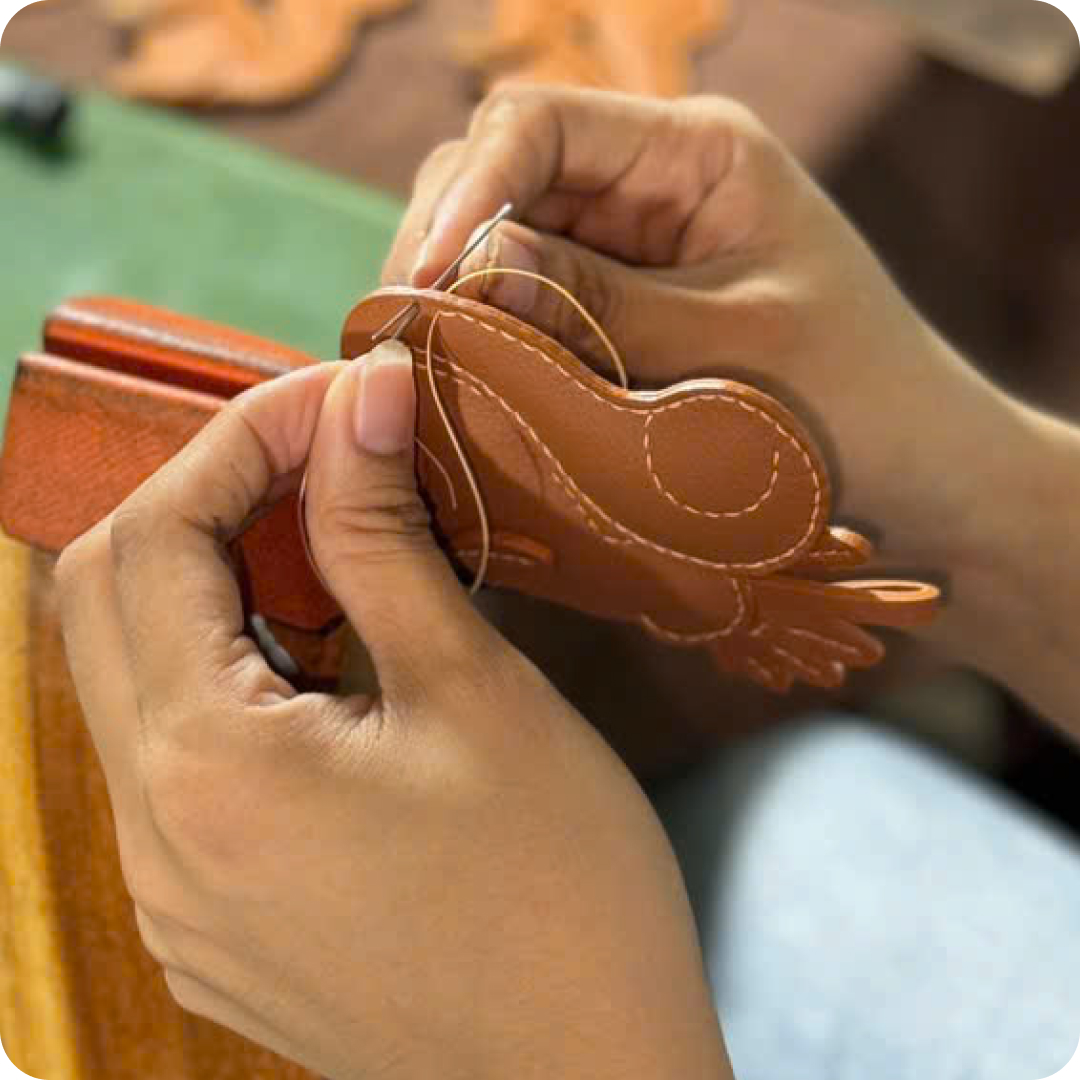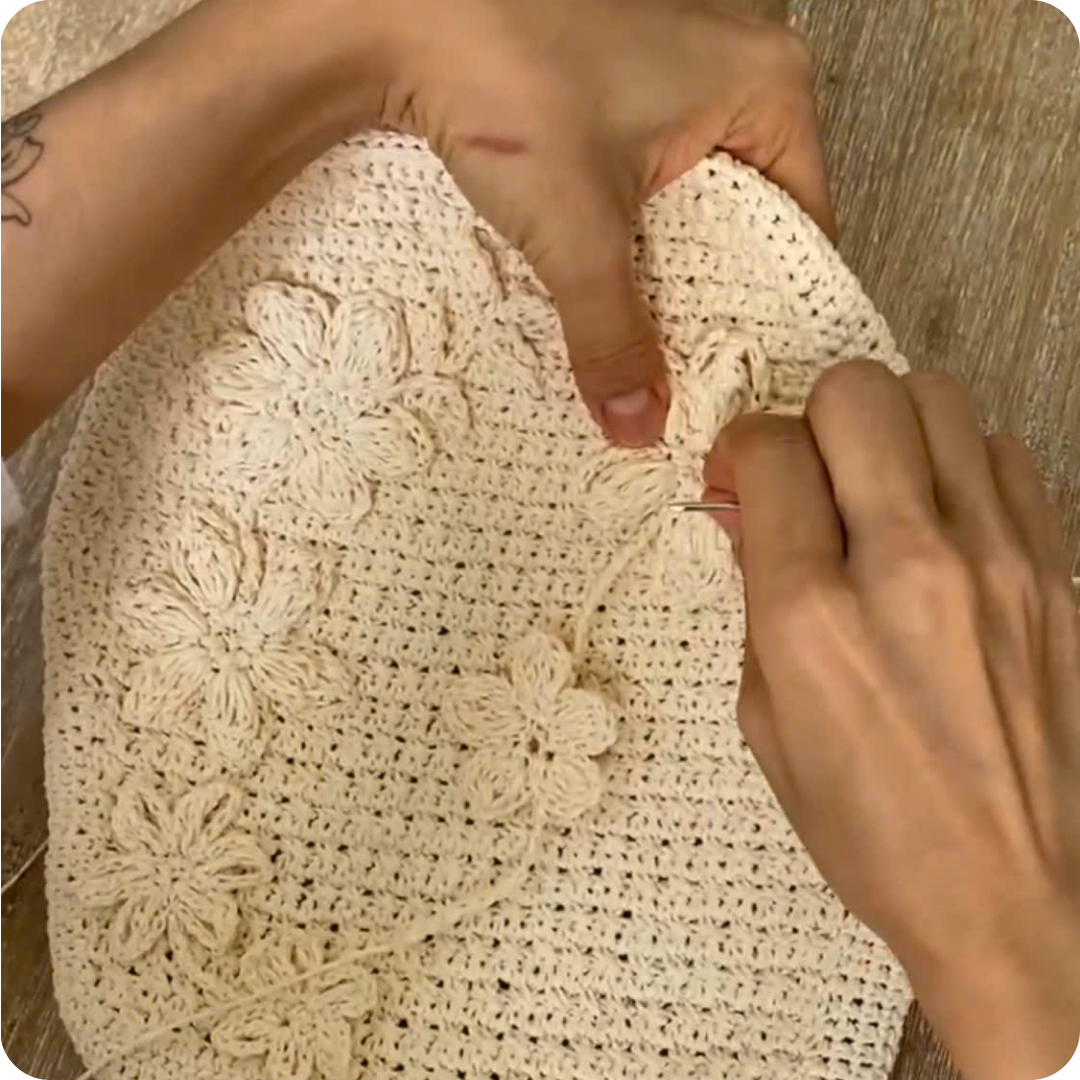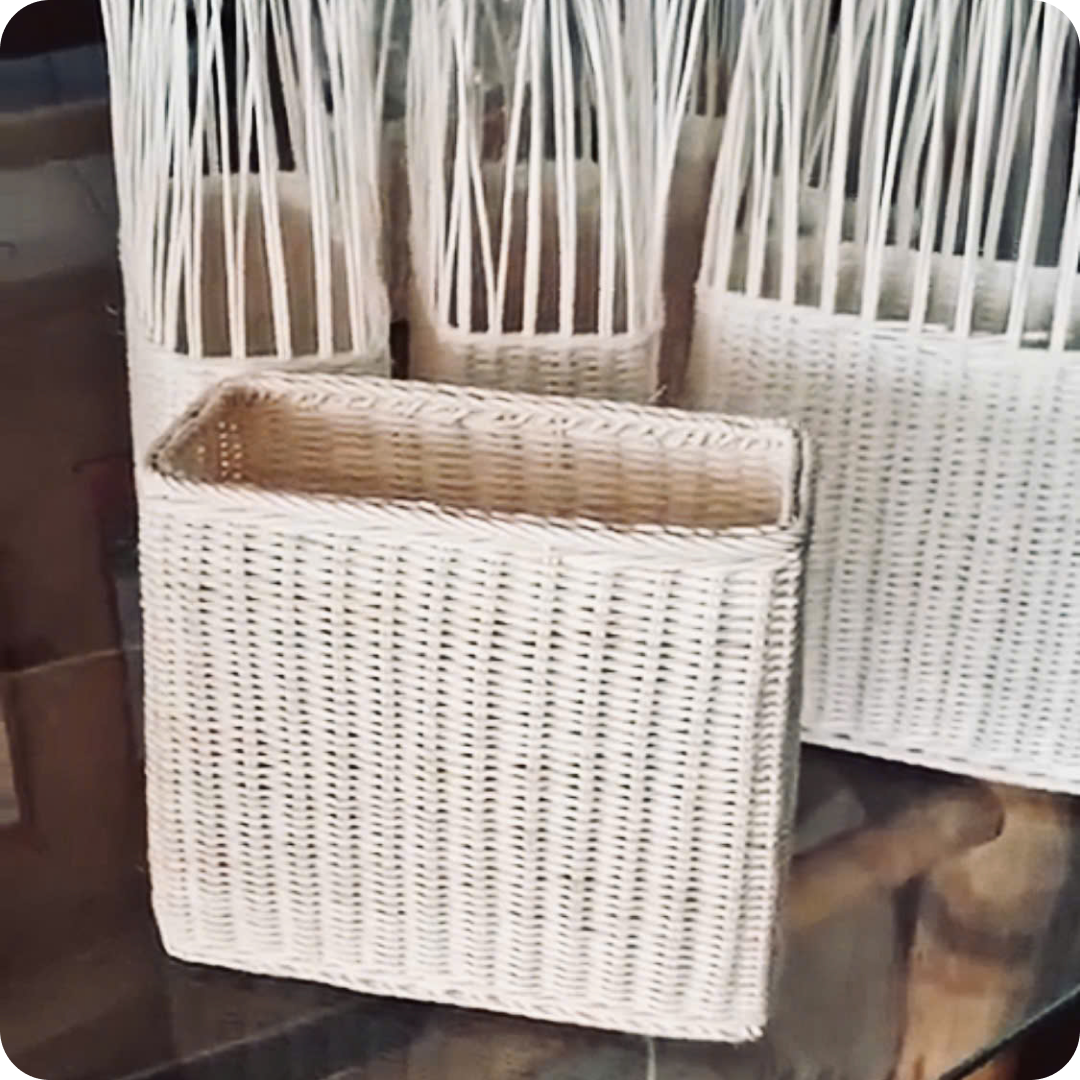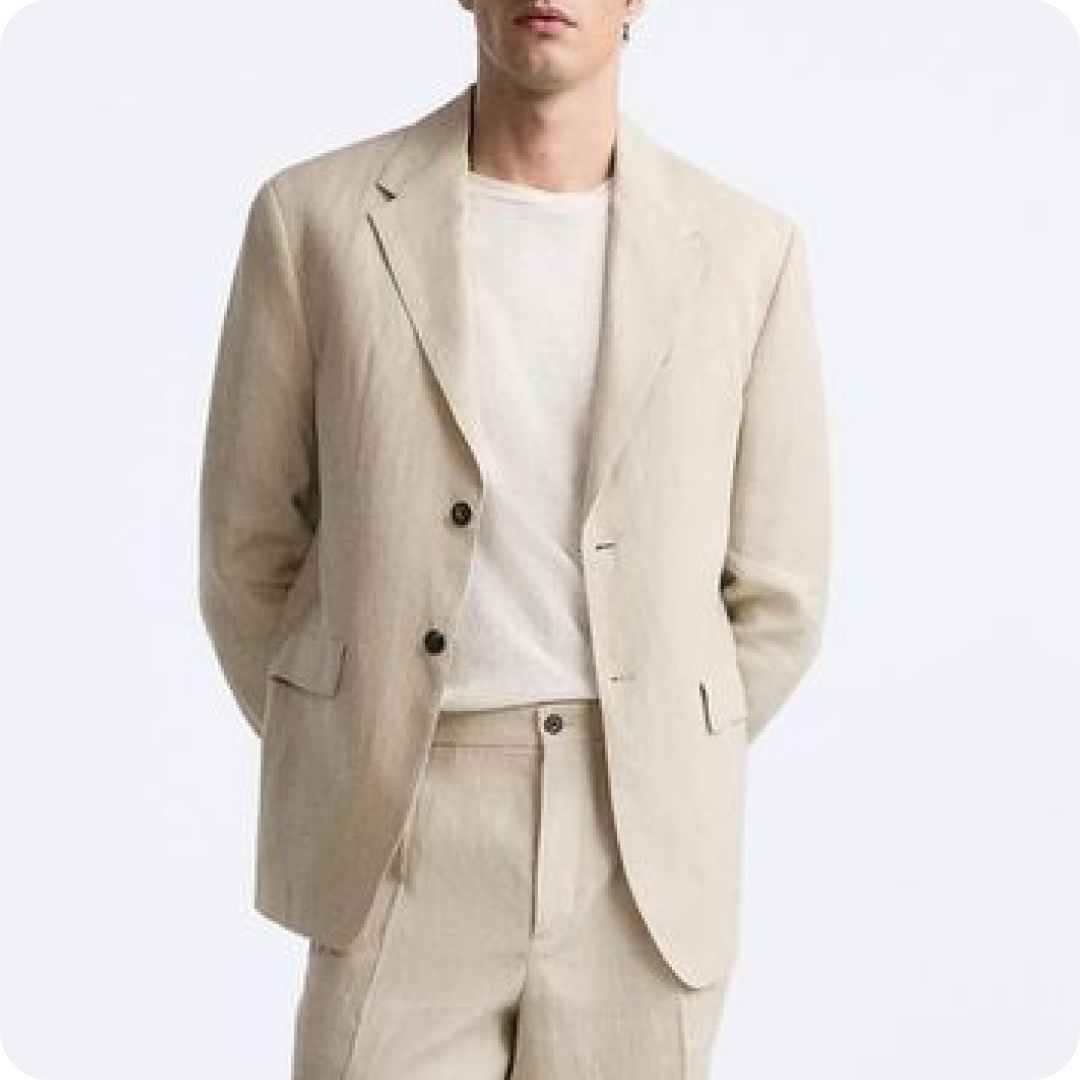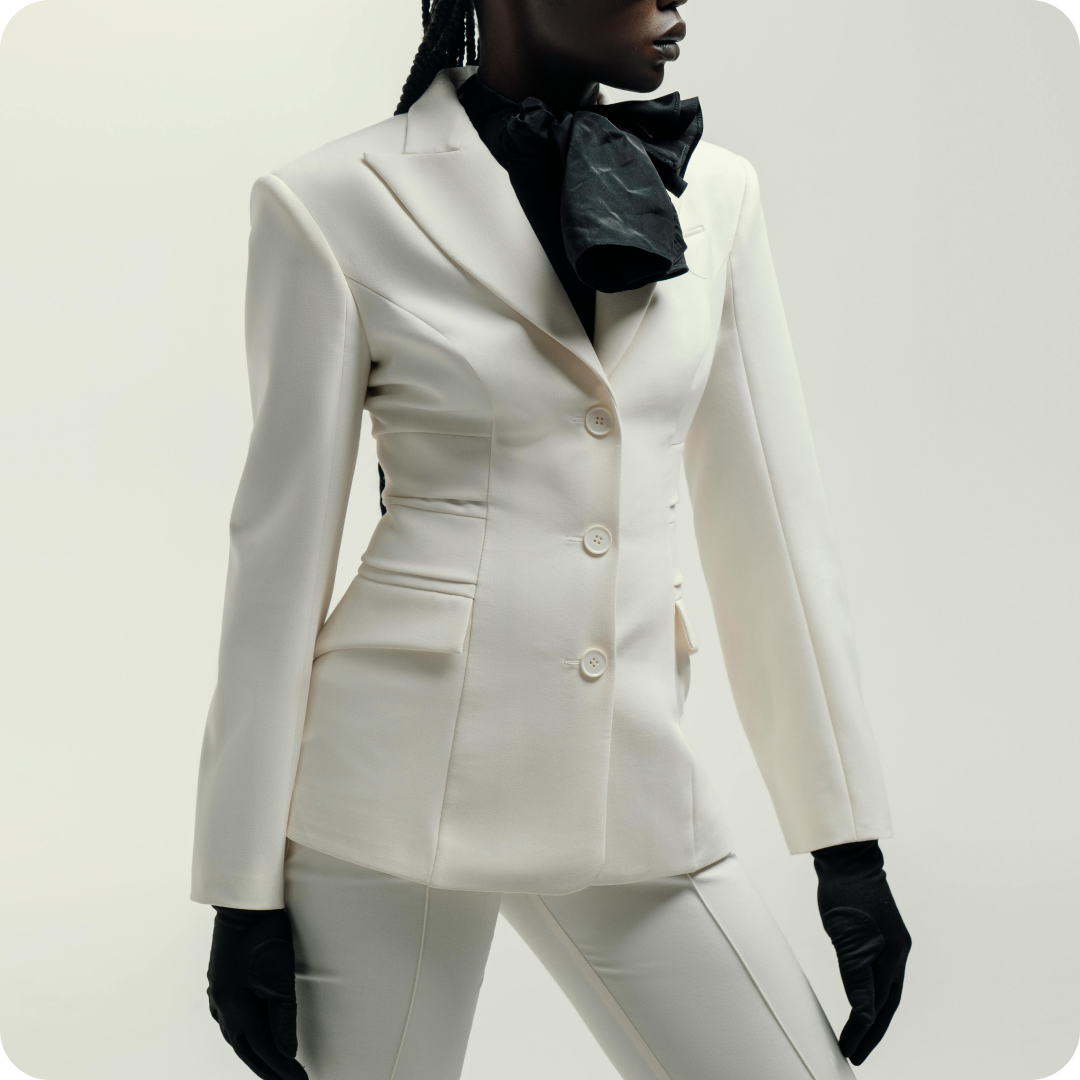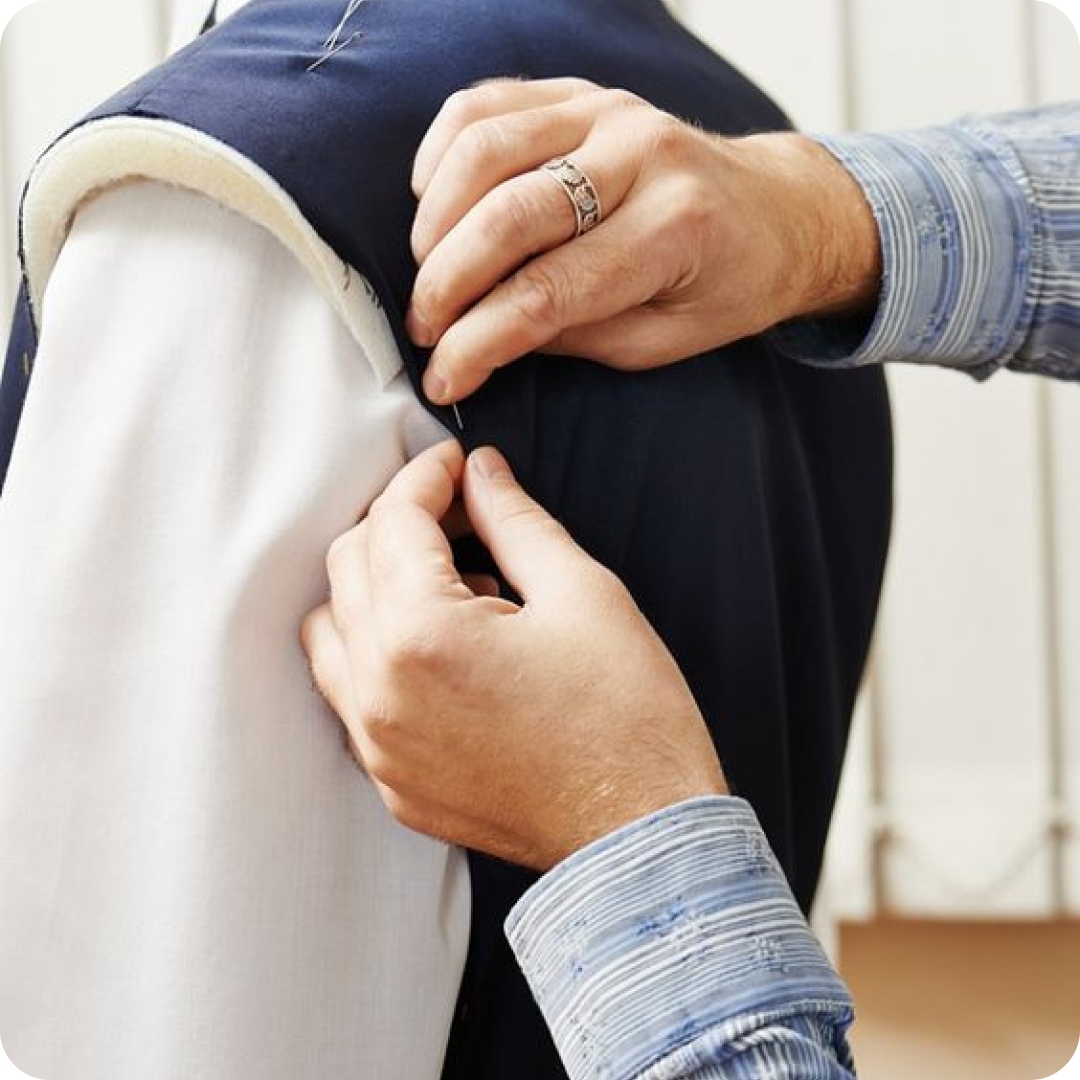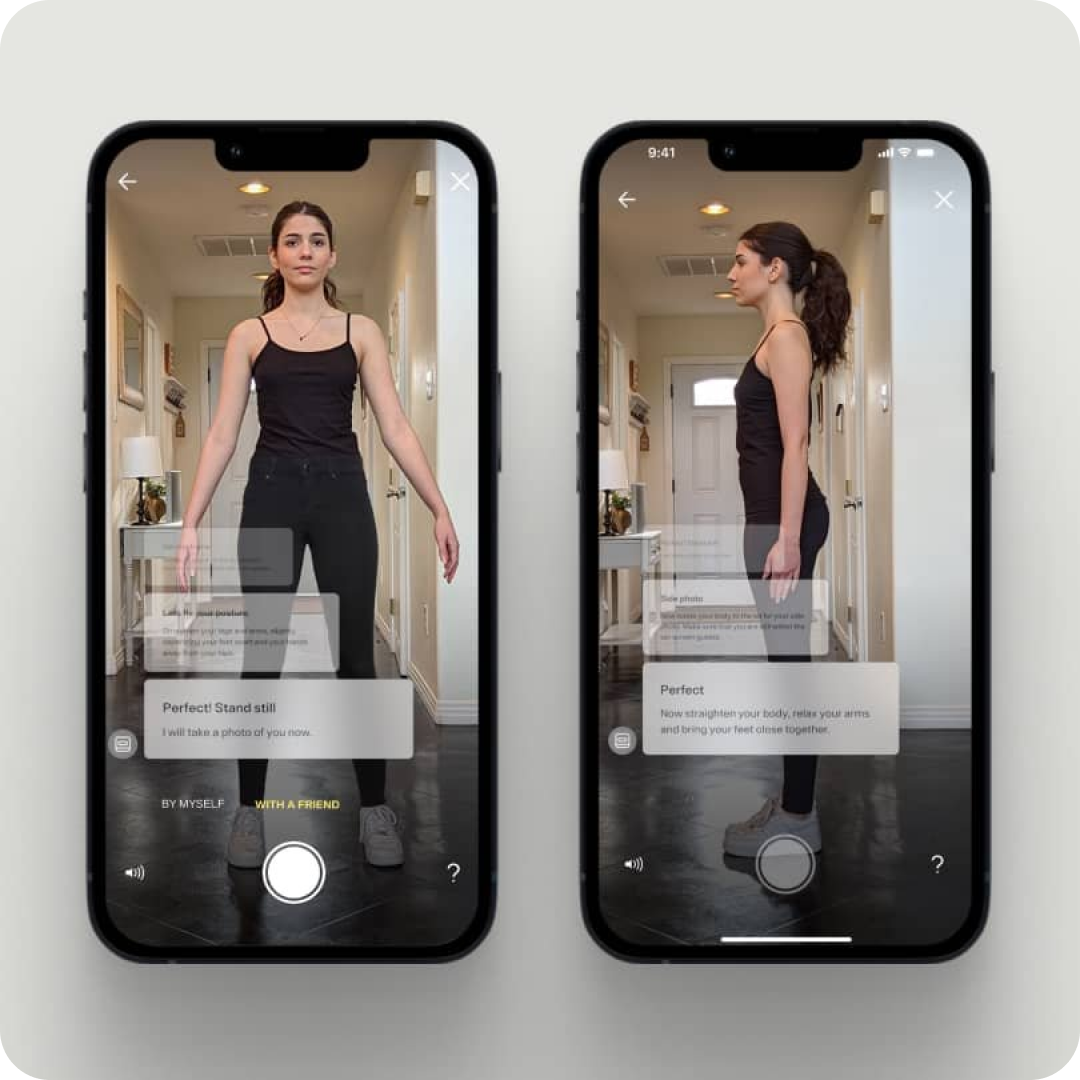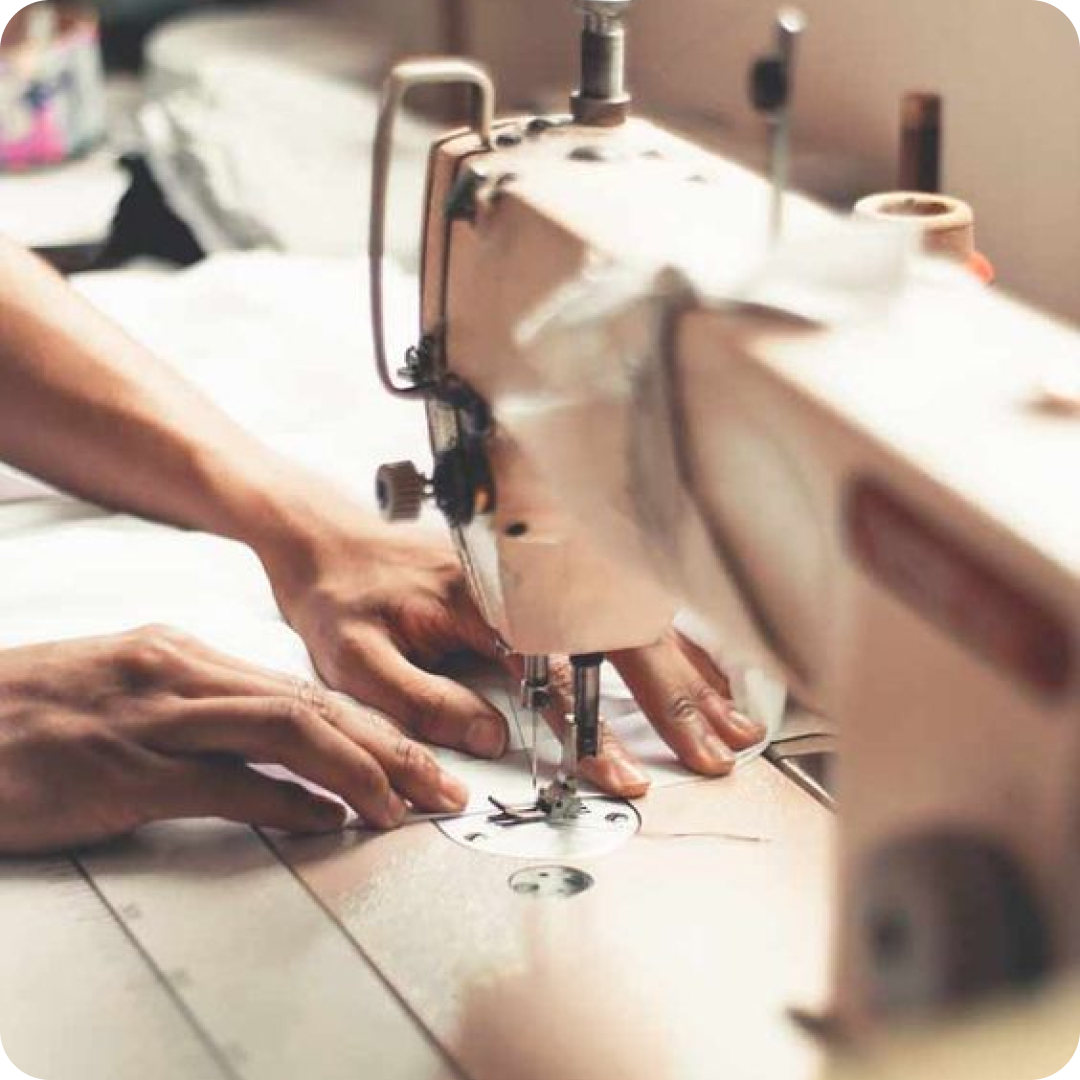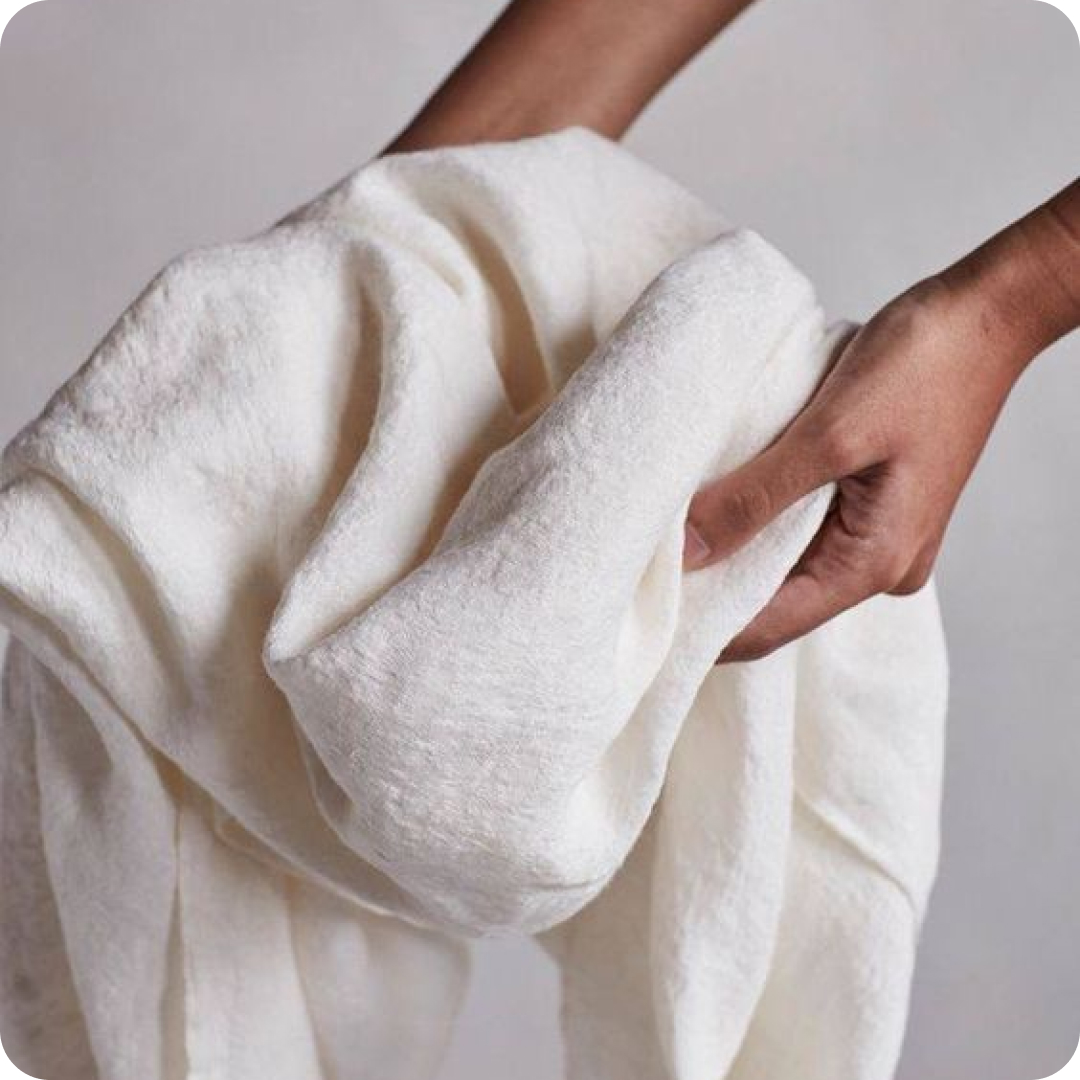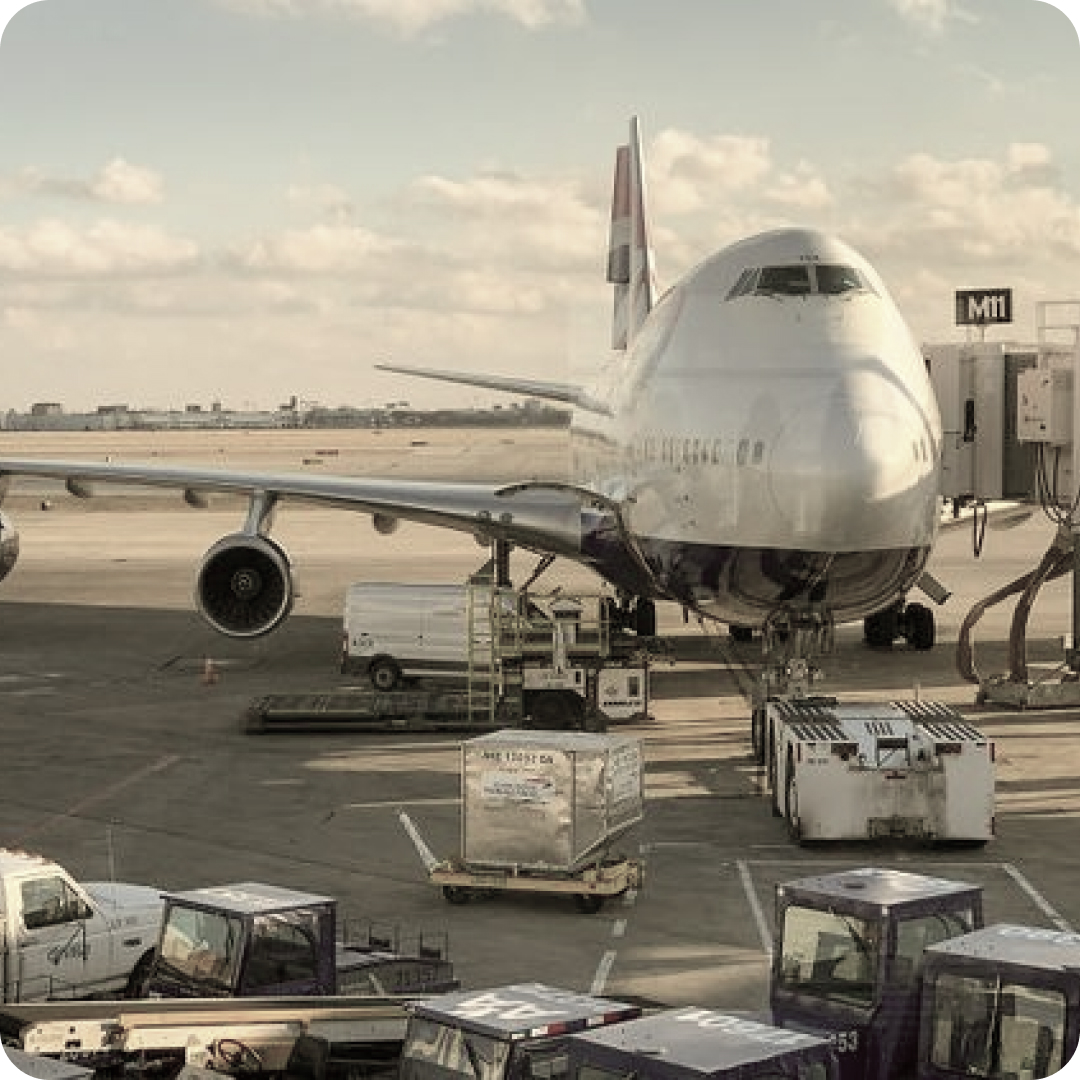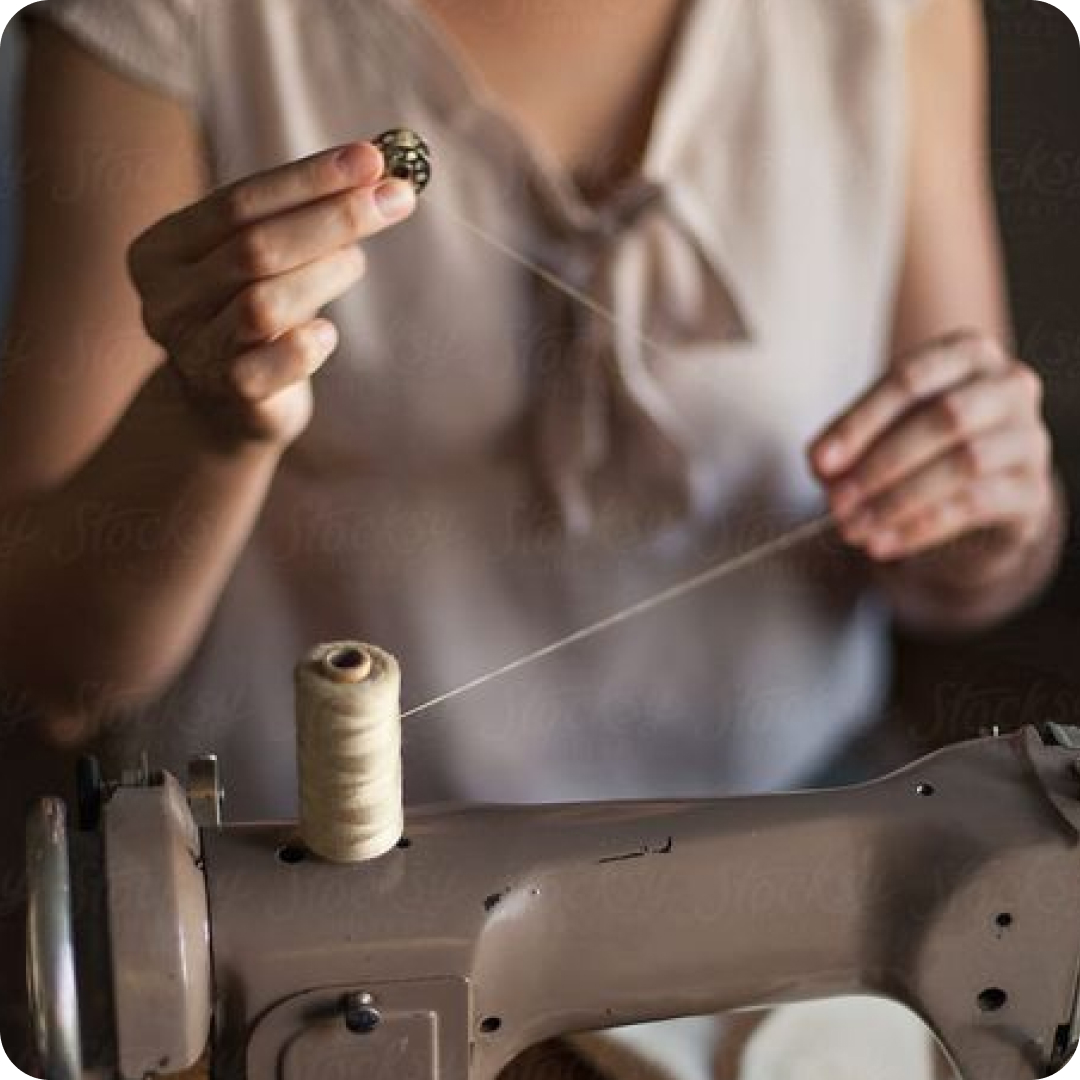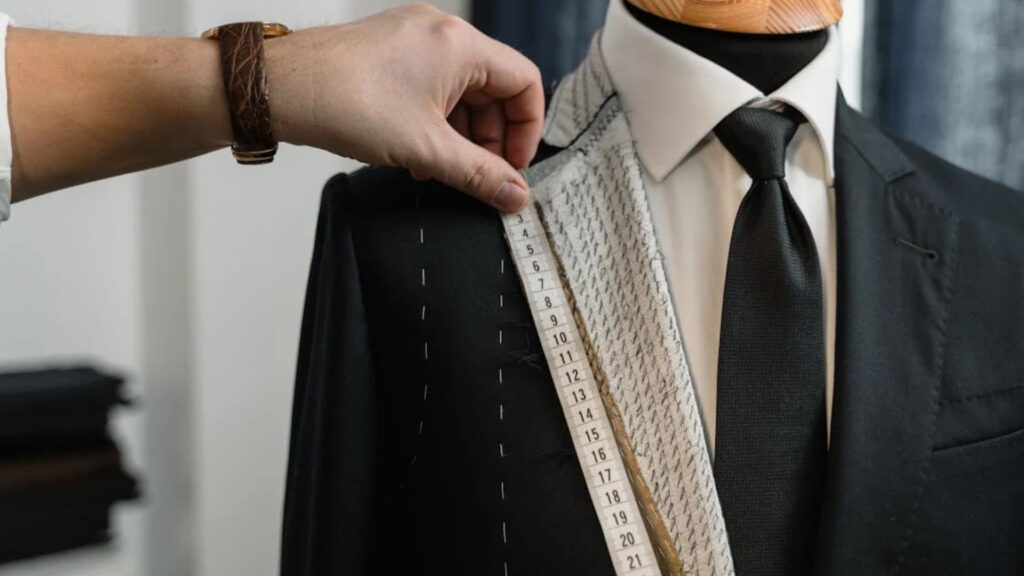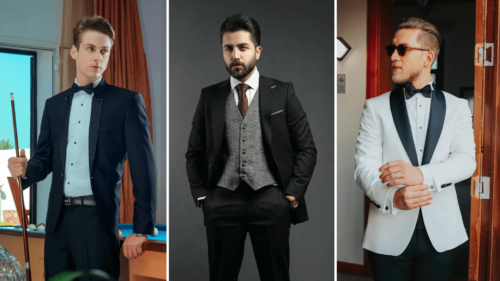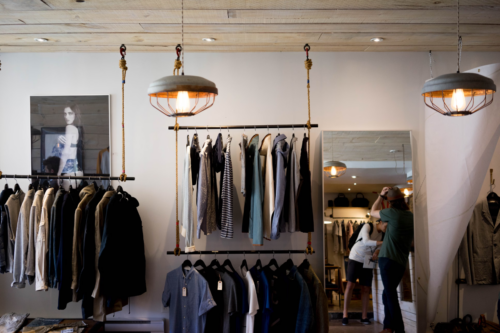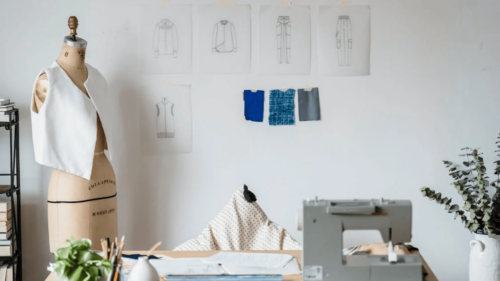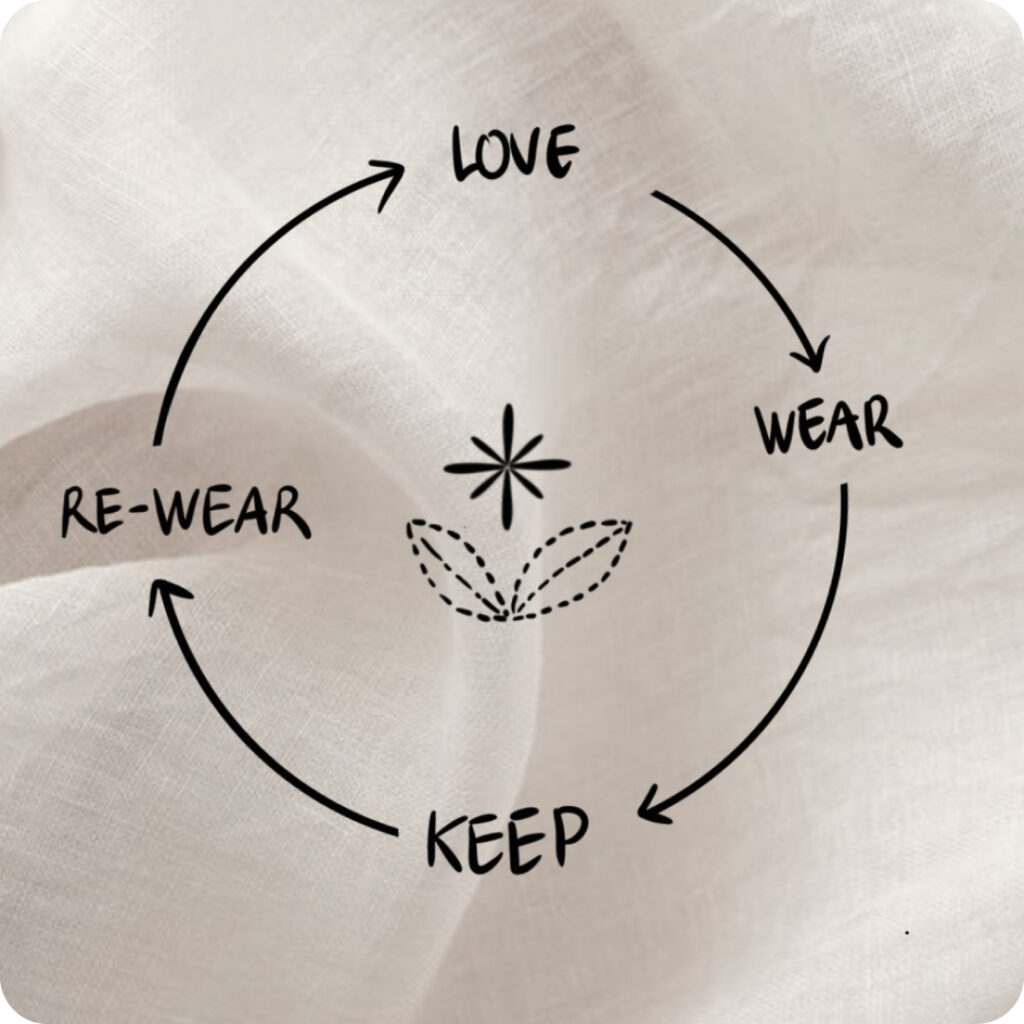What Is Bespoke? Demystifying The World Of Tailored Clothing
Bespoke clothing represents the pinnacle of personalized fashion. It is renowned for its impeccable fit, timeless style, and dedication to detail. Steeped in tradition, bespoke clothing boasts a rich history. This heritage has allowed it to evolve and remain a cornerstone of luxury in a world increasingly driven by fast fashion. This article delves into the origins, meticulous craftsmanship, and modern-day relevance of bespoke suits, illuminating its storied past and forward-thinking future.
1. The Origins of Bespoke Clothing and Its Connection to Savile Row
The term bespoke clothing originates from the word “bespeak,” meaning to order or arrange in advance. Unlike mass-produced or ready-to-wear garments, bespoke items are entirely crafted from scratch, and customized to the precise measurements and preferences of the wearer.
This elite tailoring tradition is most famously associated with Savile Row, a distinguished street in Mayfair, London, known globally as the birthplace of bespoke tailoring. For over two centuries, Savile Row has been synonymous with unparalleled craftsmanship, housing the world’s finest London bespoke tailors. These artisans catered to an exclusive clientele, including royalty, dignitaries, and celebrities, elevating the Savile Row tailored suit to a symbol of prestige and refinement.
During the late 18th and 19th centuries, bespoke menswear flourished on Savile Row, as wealthy patrons sought garments that embodied sophistication and individuality. The Row’s influence spread worldwide, cementing bespoke clothing as the epitome of class and exclusivity in men’s fashion.
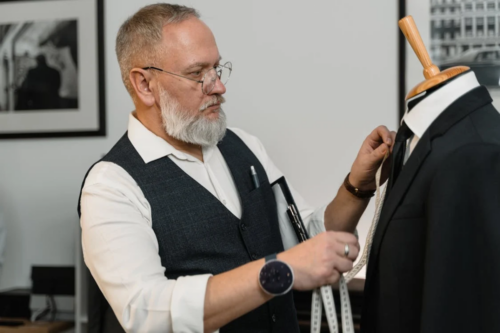
2. The Art of Craftsmanship: A Handmade Legacy
At the heart of bespoke custom clothing is its extraordinary craftsmanship, which distinguishes it from every other category of apparel. The process is labor-intensive, requiring expert precision and an artistic touch that machines simply cannot replicate. Here’s a deeper look into the journey of creating a bespoke suit:
- Consultation and Design: The process begins with a detailed consultation between the client and the tailor. During this meeting, the customer shares their preferences regarding style, fabric, color, and personal tastes. The tailor will assist in choosing elements that best fit the client’s style and the intended purpose of the garment.
- Taking Measurements and Body Assessment: This is one of the most important steps in bespoke tailoring. The tailor will take detailed measurements of the client’s body to ensure a perfect fit. Some modern tailors use 3D body scanning technology to achieve more accurate measurements. In addition, the tailor will assess the client’s body shape, paying close attention to details such as the shoulders, chest, waist, hips, and the length of the arms and legs.
- Choosing Fabrics and Design Details: Once the measurements are complete, the client selects the fabric and additional details such as stitching, buttons, collar style, pockets, etc. The tailor will offer guidance on the best fabric options based on the client’s requirements and budget. Fabrics can range from wool, cotton, and linen to high-end materials, depending on the purpose and season of the garment.
- Cutting the Pattern and Drafting the Garment: Based on the measurements and agreed-upon design, the tailor cuts the fabric according to the chosen pattern. At this stage, a fitting garment (prototype) is often made from a cheaper fabric to check the fit and comfort. If necessary, the tailor will make adjustments to ensure a perfect fit.
- First Fitting: After the prototype garment is completed, the client tries it on, and the tailor makes final adjustments to ensure optimal fit. This may include adjusting sleeve lengths, waist size, or the length of pants or skirts.
- Final Sewing: Once all adjustments have been made, the tailor will complete the garment using the chosen fabric. Small details such as buttons, pockets, and stitching will be meticulously added to create a flawless product.
- Final Fitting: After the garment is fully sewn, the client will try it on one last time to ensure that all details are perfect and the fit is just right. If any final tweaks are needed, the tailor will make the necessary adjustments to ensure the garment meets the highest standards.
- Completion and Delivery: After all adjustments are finalized, the garment is cleaned and prepared for delivery. This is when the customer can enjoy the results of a perfect, bespoke garment made just for them.
Creating a mens tailored suit through this process often takes 50–70 hours of labor and requires the expertise of multiple artisans, each specializing in different aspects of tailoring. The result is a garment that fits perfectly and stands as a testament to the tailor’s dedication and artistry.
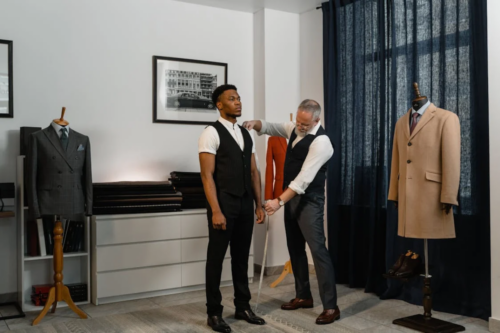
3. The Modern Appeal of Bespoke Clothing
While bespoke menswear is rooted in tradition, it has evolved to resonate with contemporary values, including inclusivity, sustainability, and technological innovation.
3.1. Expanding Inclusivity in Bespoke Tailoring
Historically, bespoke tailoring was synonymous with men’s fashion, particularly mens tailored suits. Today, however, the bespoke industry has embraced a more inclusive approach. Women, non-binary individuals, and even children are increasingly seeking bespoke services, demonstrating the universal appeal of tailored clothing. Bespoke tailors now offer a range of styles, from business suits to casual wear, ensuring that everyone can enjoy the luxury of personalization.
3.2. Sustainability: A Solution to Fast Fashion
Bespoke custom clothing offers a sustainable alternative in an era dominated by fast fashion. Each bespoke piece is crafted with longevity in mind, using high-quality materials and expert techniques that ensure durability. Unlike mass-produced garments, bespoke suits are designed to be cherished for decades, often becoming family heirlooms.
Furthermore, many London bespoke tailors now prioritize eco-conscious practices, such as sourcing sustainable fabrics and reducing waste during production. By investing in bespoke, clients contribute to a fashion industry that values quality, sustainability, and ethical craftsmanship.
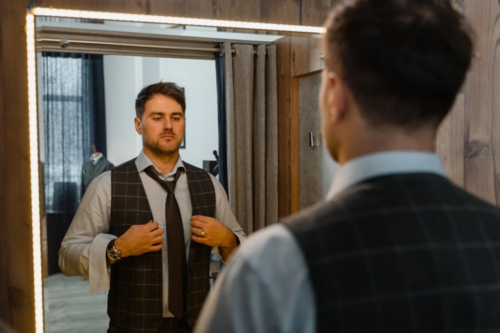
3.3. The Role of Technology in Bespoke Fashion
Technological advancements have revolutionized the bespoke experience, making it more accessible and efficient. Many tailors now run bespoke online shops, allowing customers to begin the tailoring process remotely from anywhere in the world. This digital shift offers convenience and expands the reach of bespoke tailoring to a global audience.
3D body scanning, digital pattern-making, and online consultations have become popular trends, enabling precise measurements and a streamlined production process. Augmented Reality (AR) tools allow customers to virtually try on and visualize the product before it’s made, ensuring greater satisfaction with the final result.
Additionally, AI-powered systems assist tailors in optimizing patterns, improving fit, and predicting customer preferences. These innovations have brought bespoke fashion into the digital age, attracting a younger, tech-savvy generation and ensuring the continued relevance of bespoke tailoring in the modern era.
4. The Future of Bespoke Tailoring
As consumer preferences shift toward conscious consumption and personalization, bespoke tailoring is poised for significant growth. Its seamless blend of tradition and innovation ensures that it remains a relevant and valued part of the fashion industry. The growing demand for unique, one-of-a-kind garments that reflect individual style and personality makes bespoke garments an increasingly popular choice for discerning customers.
Whether you’re visiting a renowned London bespoke tailor or exploring a bespoke online shop, the experience of owning bespoke clothing is transformative. It is an opportunity to embrace heritage craftsmanship, support sustainable practices, and enjoy the luxury of wearing garments made just for you. As the world of fashion continues to evolve, bespoke tailoring is well-positioned to meet the rising demand for quality, personalization, and sustainability, ensuring its place in the future of fashion.
Alternatively, you can experience Rosie Hong – a brand that offers bespoke suits for men and women, personalized with 3D imaging, body scanning, and virtual fitting via an innovative online platform. The eco-friendly garments are delivered via GoGreen DHL Express, making bespoke tailoring accessible and sustainable worldwide.

